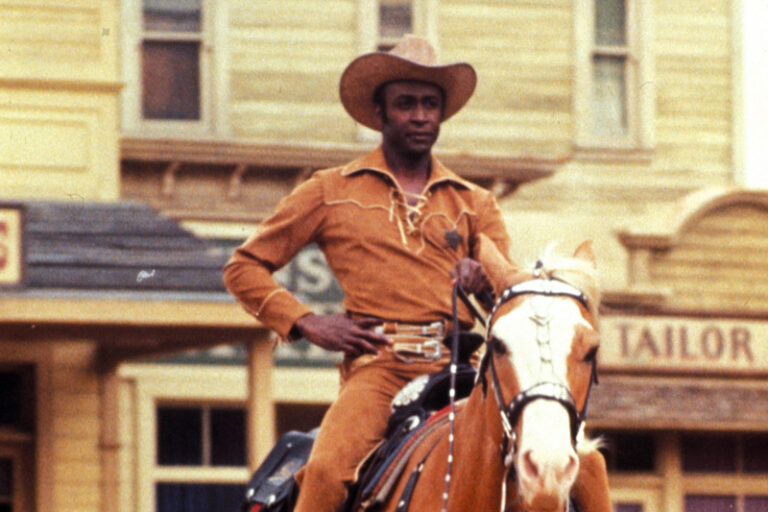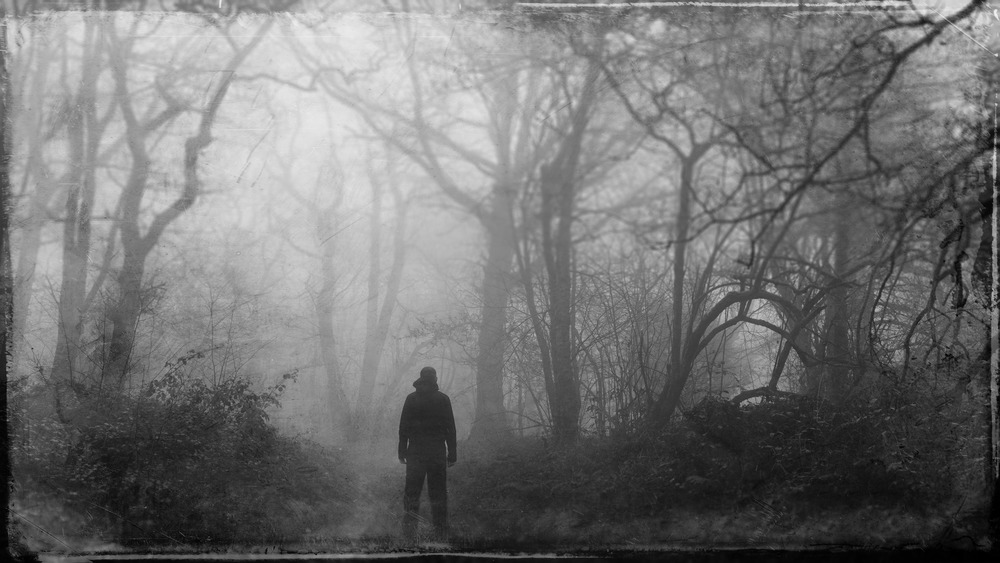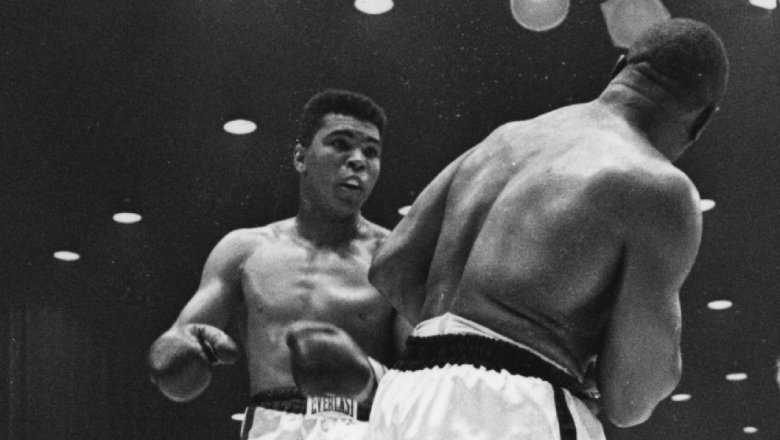
Why Critics Couldn’t Stand Led Zeppelin At First
Some legends begin with a rocky start, and in rock music, no legend is bigger than that of Led Zeppelin. There is something that captures the imagination today about four young men in the late ’60s managing to create the sound that first explodes from the opening track of Zep Zeppelin I, “Good Times Bad Times,” a ferocious burst of guitar opening a song that Slate describes as an “avalanche.” It is a moment that heralds something new and genre-defining has arrived to change rock forever.
But such an ostentatious arrival attracted many enemies at the time, and the labor of love spearheaded by guitarist Jimmy Page –- who had been making a name for himself as a prodigious session musician throughout his teen years – received many a critical savaging, not least from America’s premier music magazine at the time, Rolling Stone. The journalist John Mendelsohn describes Robert Plant’s vocals -– now widely praised -– as “prissy,” and derided the album’s “weak, unimaginative songs.”
Regardless of the level of love you might personally maintain for Zeppelin, it is difficult to square this assessment with the huge influence the band and their particular sound have had on rock music in the intervening years. But Mendelsohn’s judgment was far from a one-off, and looking back at the release of the album today, it is hard to shake the idea that, perhaps more than with any other classic album, a great number of critics got Led Zeppelin I very very wrong. But why?
Led Zeppelin I: a divisive debut
Much of the initial panning that Led Zeppelin received is perhaps simply down to poor timing. As Slate’s Jack Hamilton explains, Led Zeppelin were just breaking through as one of the biggest bands in the world was breaking up: Eric Clapton and Ginger Baker’s legendary Cream. To the press, there were a number of similarities in terms of the influences the bands were working under and the enormous sounds they were attempting to unleash on the world. With Cream coming to an end, it seemed a vacuum was opening up in rock music, and Led Zeppelin were left with big shoes to fill.
Unfairly, the abilities of the teenagers who created Led Zeppelin I were being compared to a group of highly experienced and veteran rockers who had already conquered the world. Though Zeppelin’s debut was undoubtedly impressive, it must be said that their best work was still ahead of them: a point that Rolling Stone would eventually admit on the release of Led Zeppelin IV.
Hamilton makes another point: at the time of going to press, the influence of Rolling Stone was as big as it could possibly get. The band, in fact, got a good deal of good press on both sides of the pond -– but it was Mendelsohn’s hatched job that stuck, and, perhaps thankfully, gave Led Zeppelin something to prove.

The Truth About Salvador Dali's Politics

The Odd Reason Charles Manson's Mother Was Sent To Jail
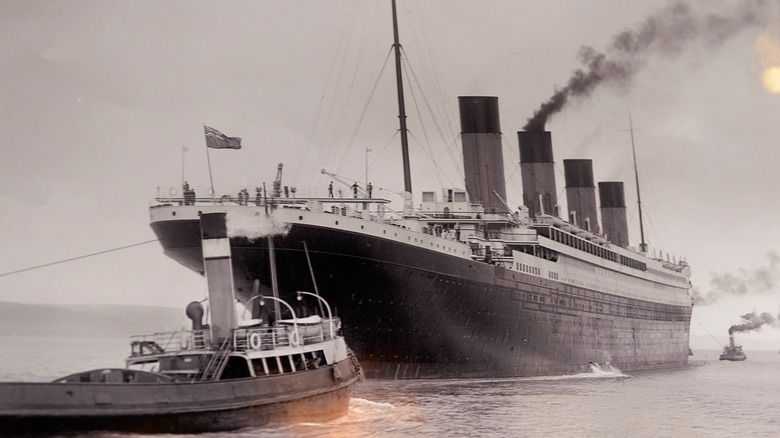
The Titanic's First Class Passengers Were More Likely To Survive. Here's Why

Do The Great Lakes Have Tides?
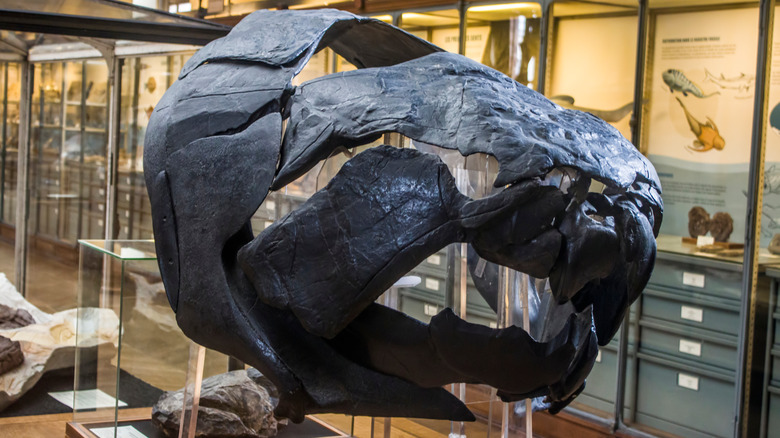
Dunkleosteus: The Scary Truth About This Gigantic Extinct Fish

North Korea's Extreme Dating Rules Explained

How Bush Really Felt About The Smashing Pumpkins

The Tragic True Story Of The 1948 Palestinian Displacement

Here's What Happens To A Body When It's Cremated

N64's Rarest Game Is Quite Surprising




